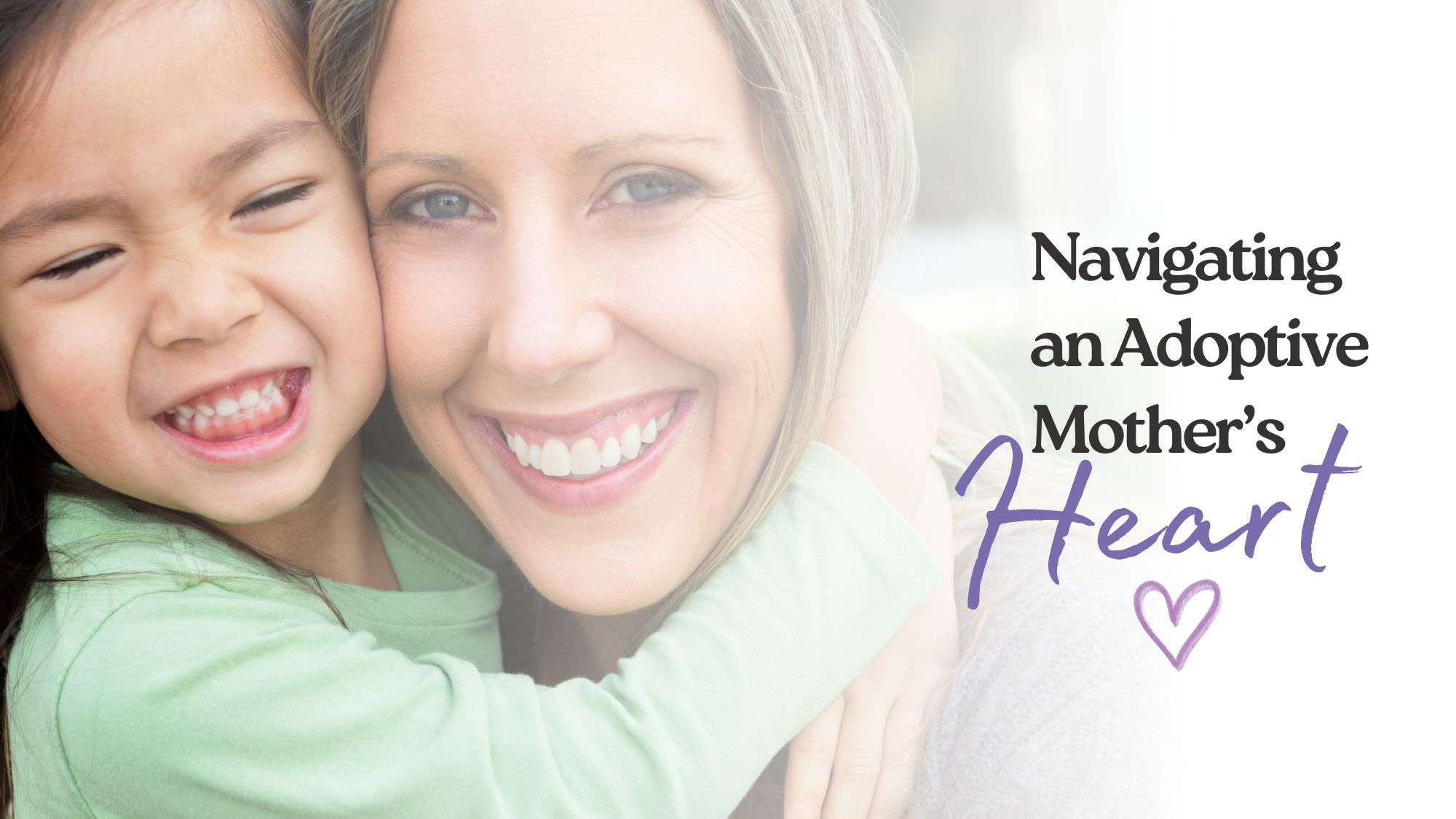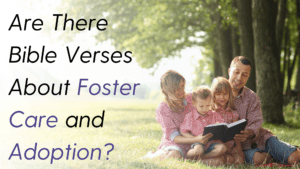Navigating an adoptive mother’s heart is an emotional journey. Regardless of whether the foster-to-adopt child has contact with their birth family, the mother’s heart will be emotional. When a woman gives her heart to a child in foster care, generally, she keeps a protective layer that prevents her from fully bonding with the child because she knows the child could return to their birth family at any time. She is what I call caregiver bonded, which means that as a caregiver, she cares for and supports the child but has not formed that heart attachment yet.
The Attachment Transition
As the child transitions to being adopted, a mother takes ownership of the child’s care. At this point, the woman opens up her heart and soul to accept the child as one of her own. She starts to build a strong parental bond and works to help the child begin to attach to her as a parent. This is where the emotional connection deepens, and she moves from caregiver status to knowing, “I’m now the parent of this child.” She now bonds with the child in a mother-to-child relationship.
Living as a mother to an adopted child is an amazing journey with many emotional rewards. However, there is often a lingering fear, wondering, “What if their birth family shows up and I lose my child?” Many moms have shared experiences of severe anxiety symptoms during times when they knew the birth family would reach out, such as birthdays and holidays. They all experienced a sense of dread that prevented them from enjoying the event with their child.
This fear is a normal one. It shows the mothers are securely bonded to their child. It makes me think of the mama bear who always wants to protect her cubs. After all, there was a reason this child needed to be adopted. A mother’s natural instinct is to protect her children from anything they perceive may hurt them. Interactions with a child’s birth family can potentially have an unknown outcome. Sometimes it goes smoothly, and sometimes it takes a bit to recover.
Navigating an Adoptive Mother's Heart
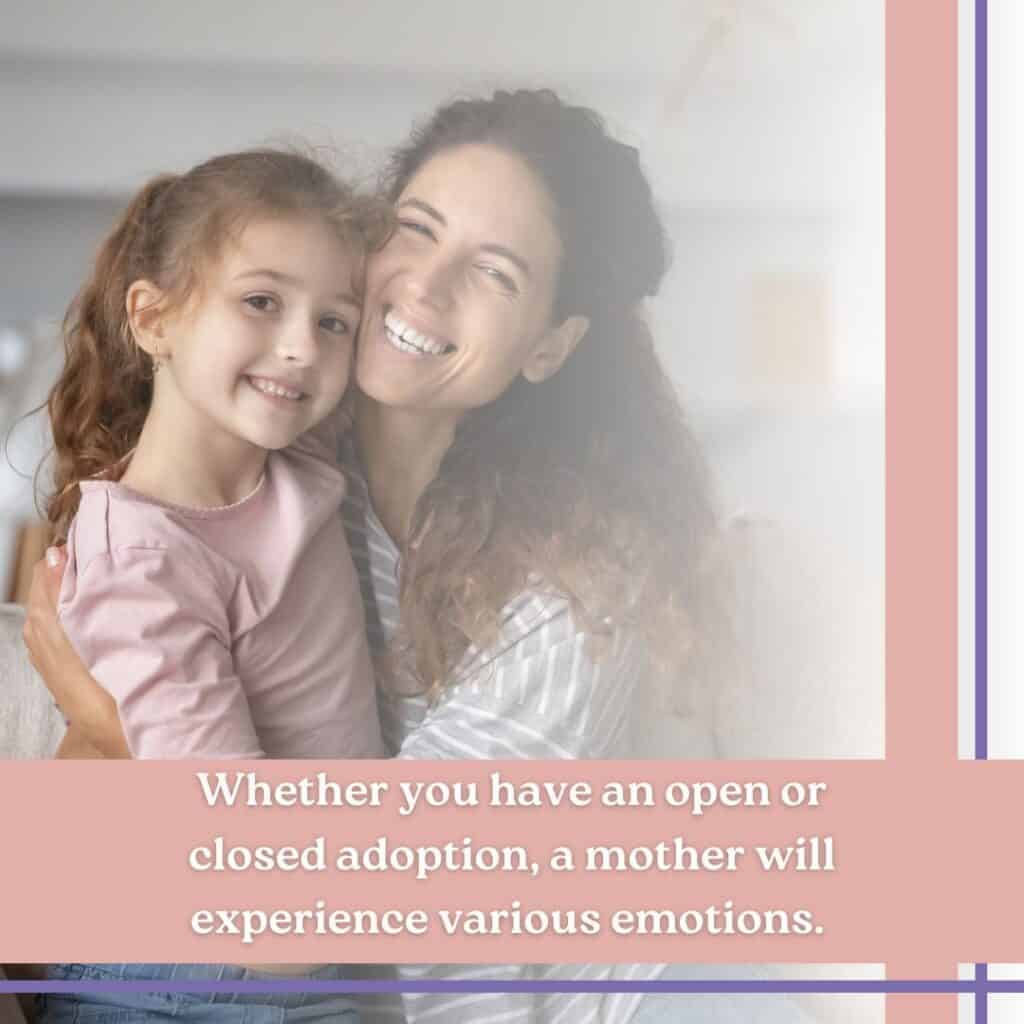
Whether you have an open adoption and see the birth family frequently or have a closed adoption and the child chooses to seek out their birth mother, the adoptive mom will experience various emotions. These emotions can range from anger to fear to sadness and loss. Sometimes, a woman’s parental identity and self-confidence can feel shaken. It can be hard when it means split holidays and shared “thank you’s” at graduation. Here are some ways to navigate the emotions of a mama’s heart.
You Are Safe
Remember, you are the safe adoptive mom. No one can fill that role for your child except you. You are the legal parent. The adoptive mom provides a safe environment for her child to reach adulthood.
Accept Your Feelings
Accept all your feelings. Don’t try to tell yourself not to “feel that way.” Your thoughts and feelings are yours, and there is a reason you have them. Give yourself permission to process those emotions appropriately and safely away from the child.
Accept the Different Roles
Work to accept the permanency of positional mother roles. Birth moms will always hold the position of being birth moms. Adoptive moms will always have the status of legal moms. I think where adoptive moms get hung up here is that it may feel like their “mother” role could be taken away from them at any time by the court or birth family. It’s important to use present tense reminders of the truth about your parenting role to push away the anxiety and fears about this. For example: “I choose to believe today I have legal custody to be this child’s parent.” Or, “I’m the safe parent, and my child knows I love them.”
Understanding Your Child's Interest In Their Birth Family
Notice that your child’s excitement and interest in spending time with their birth family has nothing to do with you as the adoptive mother. Adoptive moms can often feel their adult child pulling away from them to spend time with their birth family. It may feel uncaring and like the child is replacing the adoptive mom’s role with their newly found birth family. This is rarely the case. When talking to people who have been adopted, they share how attached and safe they feel with their adoptive mothers. The safety and security of the adoptive mother give the child the strength to face their birth family.
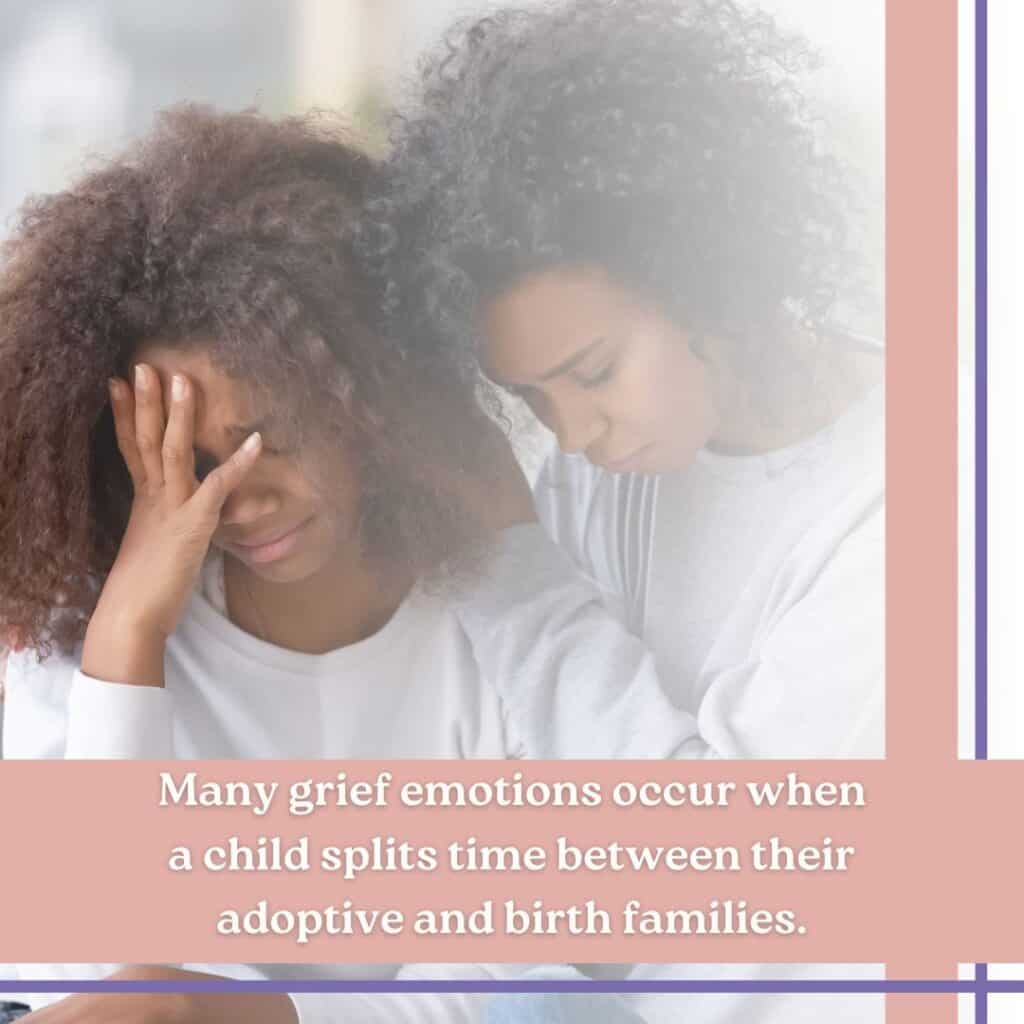
When a child gets excited about their birth family, it’s generally to figure out their own identity and answer the question, “Where did I come from?” A connection to the birth mom can provide identity grounding for a person who has been adopted. That connection does not take away from the relationship and safety that the adoptive mom provides. The two are completely different roles for a person who has been adopted. At first, when a child finds their birth mom, the time focus between families may be unbalanced. As the newness wears off, the child generally returns to including time with their adoptive mom.
Empty Nest Grief
Empty nest grief is more severe for mothers who have adopted. As a child reaches adulthood, there are lots of transitions and emotions. Your child may or may not be grateful for all the hard work you have done to parent them and keep them safe. Many of the moms I have worked with talk about having fear and sadness that their child won’t return and choose a relationship with them. This is always hard because it is unknown. Some kids will continue to choose relationships with adoptive parents, and some will not.
As an adoptive mother, you have given this child everything you have these past 18 years. You did so by accepting this child into your family for life. Many grief emotions occur when a child splits time between their adoptive and birth families. I encourage moms at this stage to reach out to a counselor specializing in adoptions who can help process the grief and navigate choosing a relationship with their child. You are not alone. A child’s choice to have a relationship or not does not change the identity role of the adoptive parent.
Find Support
Surround yourself with people who can support you. An adoption support group or connecting with other adoptive moms who can listen and offer supportive understanding is helpful. Have specific people you let into your world and share your hurt with.
Being an Adoptive Mother Is An Important Role
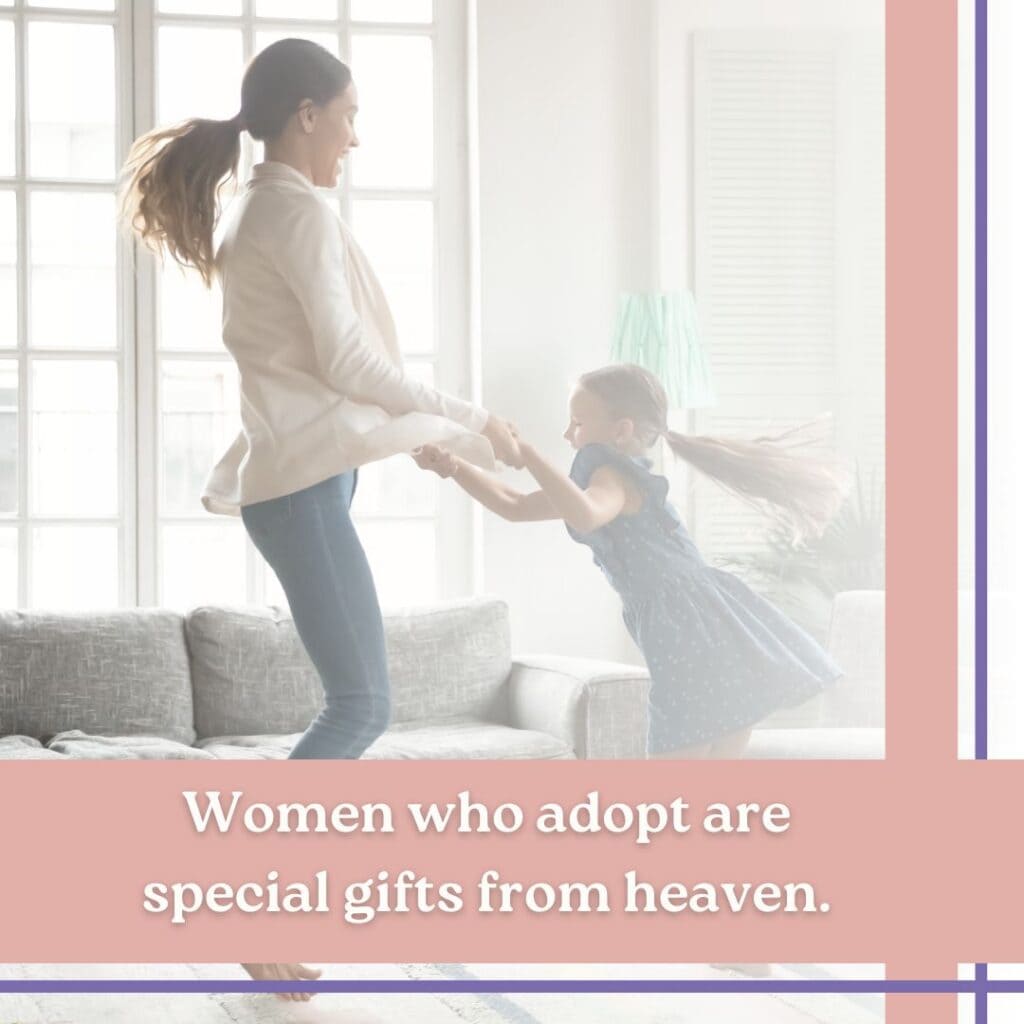
Women who adopt are special gifts from heaven. The job is one that goes unnoticed and underappreciated and sometimes ends without having a relationship with your child when they become adults. You are valuable and irreplaceable. It is unfair to give everything you have to a child and not get the reward of a long-term family relationship. Feel the emotions, choose relationships, and get support when needed. Remember, you saved a child who now lives and can make their own decisions because you loved them enough to let them into your heart. You, as an adoptive mom, did that!









